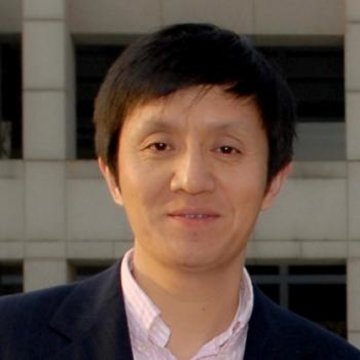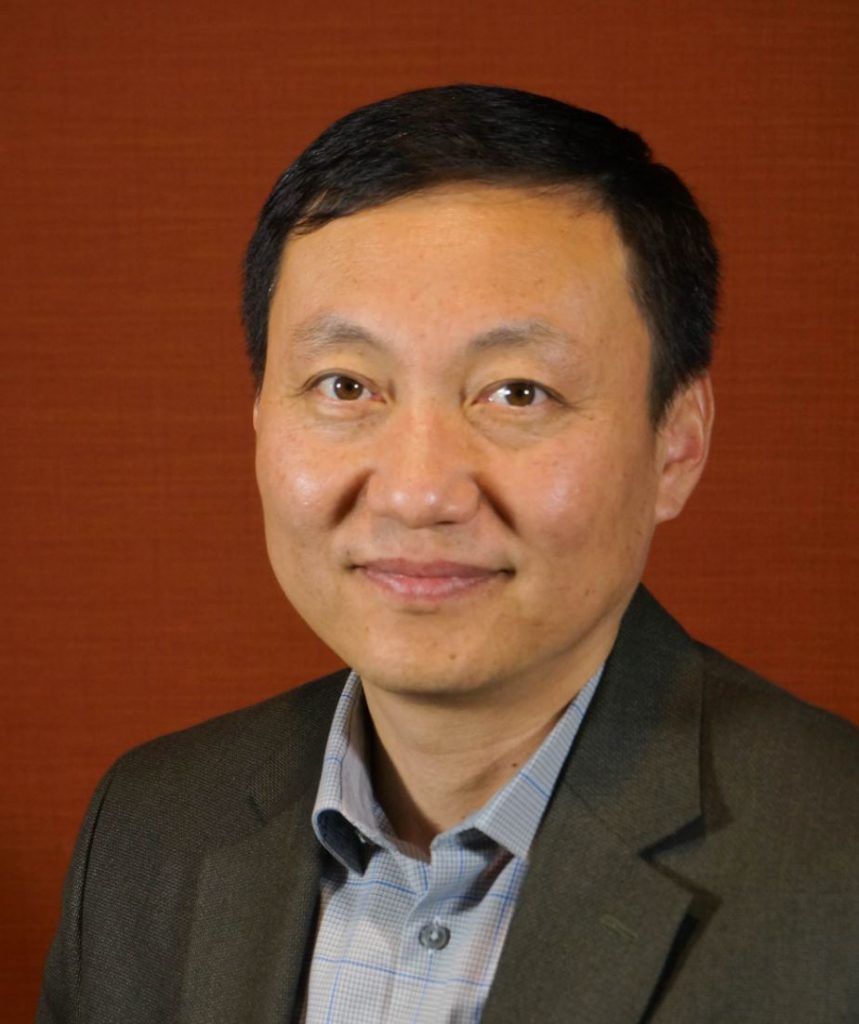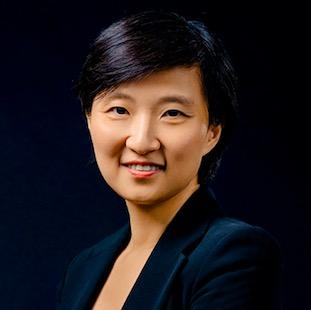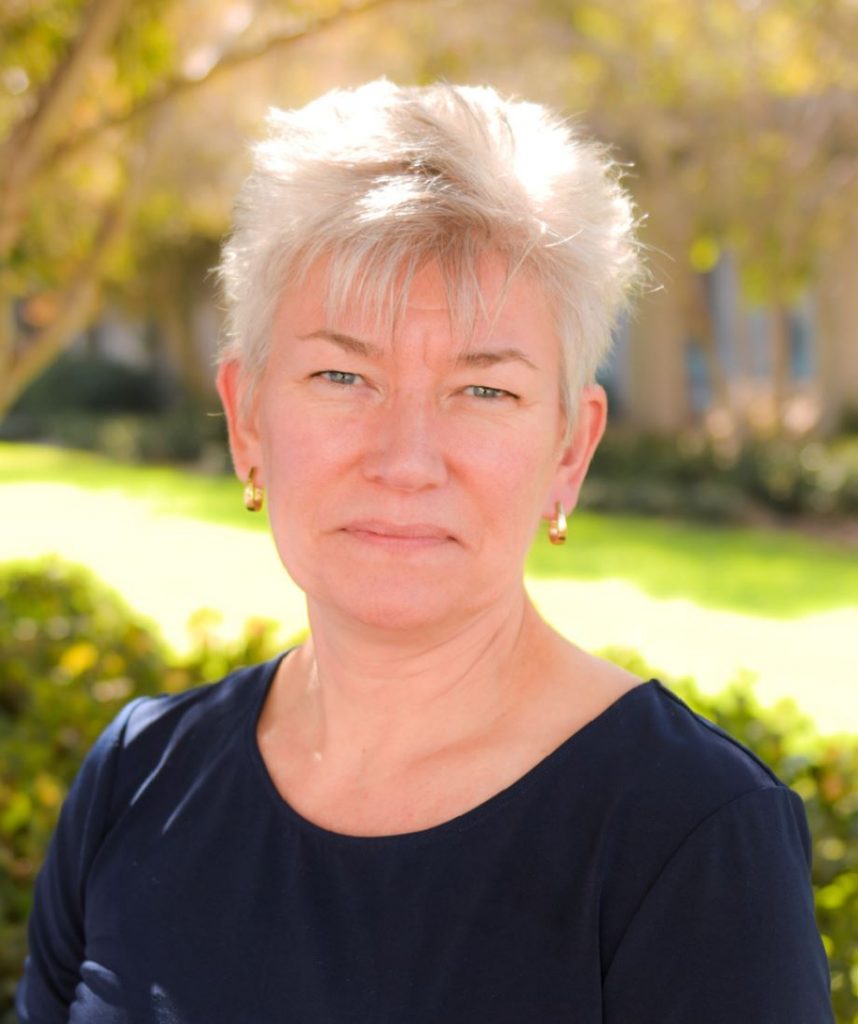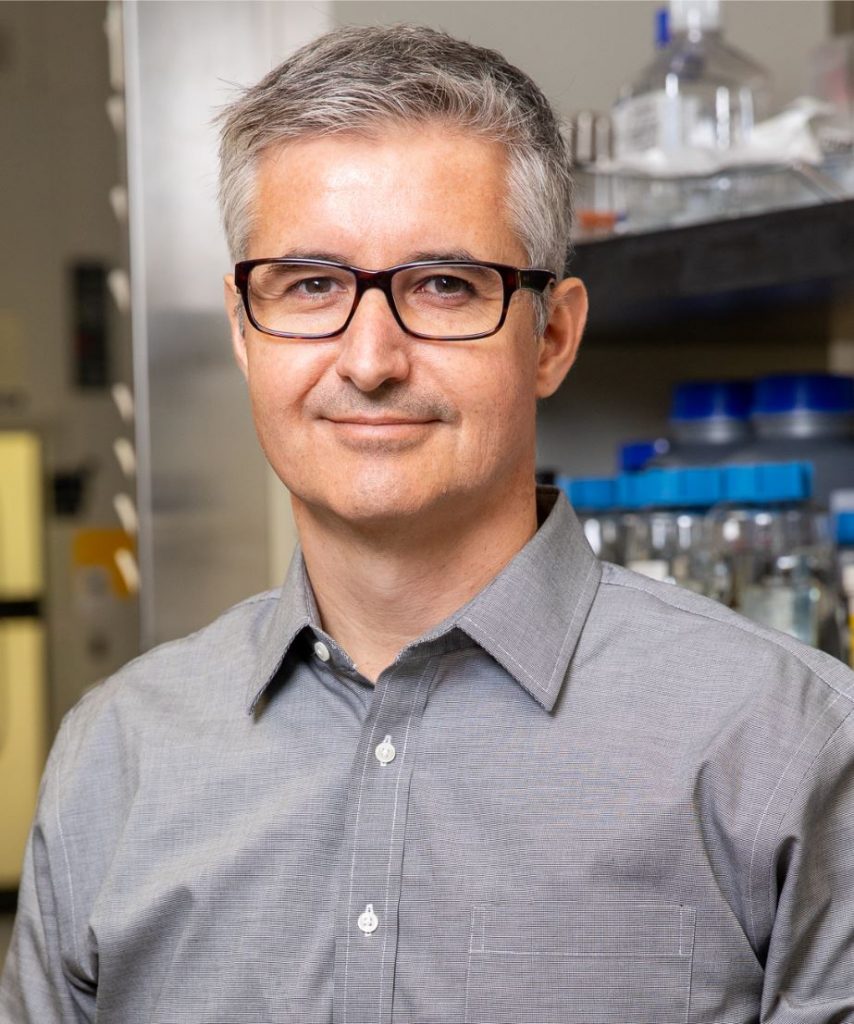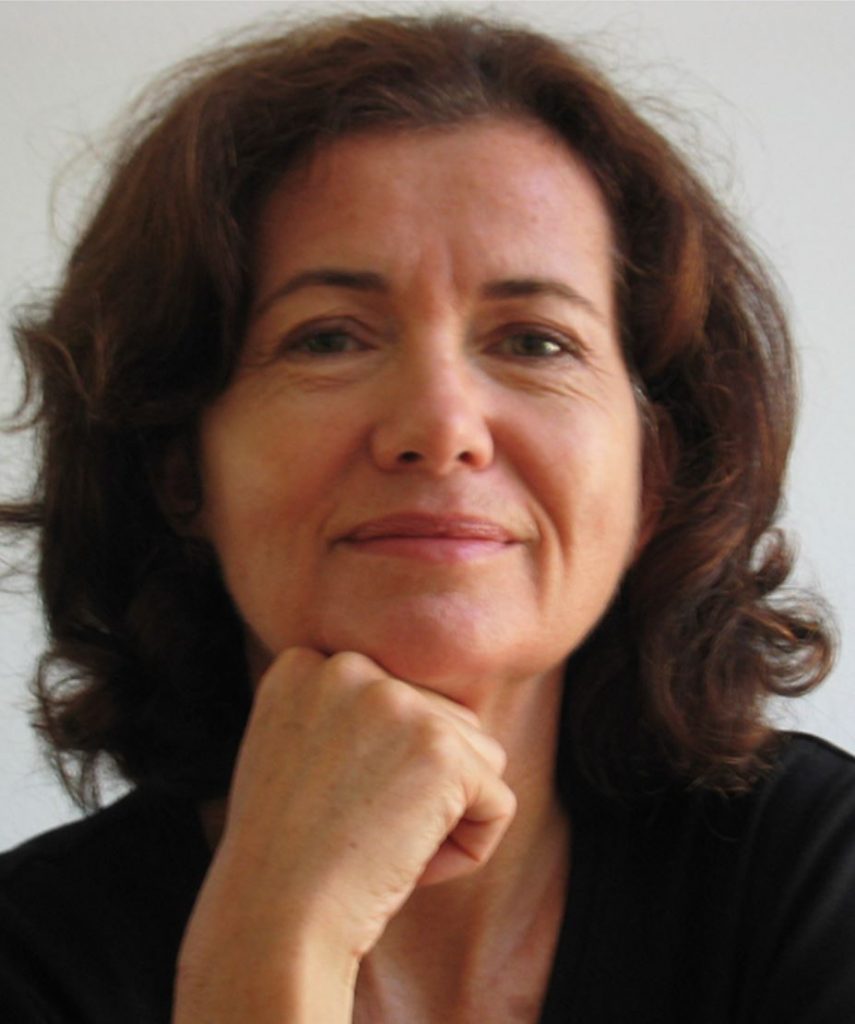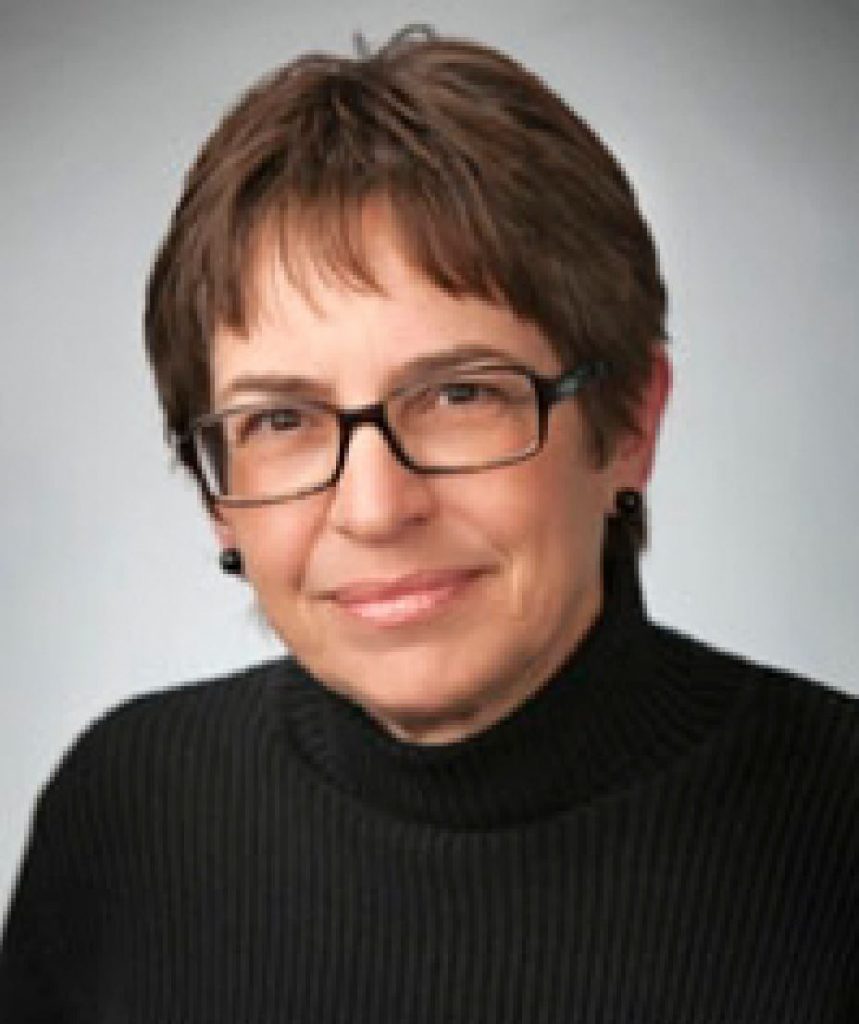External Advisory Committee
Edward Callaway, PhD
Vincent J. Coates Chair Professor in Molecular Neurobiology,
Salk Institute for Biological Studies
Dr. Callaway is Vincent J. Coates Chair Professor in Molecular Neurobiology at the Salk Institute for Biological Studies. He is a member of the National Academy of Sciences.
Liqun Luo, PhD
Howard Hughes Medical Institute investigator,
Ann and Bill Swindells Professor of Biology,
Stanford University
Dr. Luo is a Howard Hughes Medical Institute investigator, and Ann and Bill Swindells Professor in the Department of Biology at Stanford University. He is also a member of the National Academy of Sciences.
Bing Ren, PhD
Professor, Cellular and Molecular Medicine, UCSD
I am directing the Center for Epigenomics at UCSD, which is a collaborative research center focused on development and application of cutting-edge tools to analyze the cells’ epigenome in both normal and pathological conditions. The Center has established three technology platforms: (1) the automated, high throughput epigenomics platforms, such as ATAC-seq, ChlP-seq, Cut&Run; (2) single cell epigenomics assays such as single nucleus ATAC-seq, single nucleus RNA-seq, etc; (3) the high throughput spatial genomics and functional genomics assays, including multiplexed FISH, high through reporter assays
Hongkui Zeng, PhD
Executive Vice President, Director of the Allen Institute for Brain Science.
Dr. Zeng led the Structured Science Division to develop and operate high-throughput pipelines to generate large-scale, open-access datasets and tools to accelerate neuroscience discovery. Since joining the Allen Institute, she has also led several research programs, including the Transgenic Technology program, the Human Cortex Gene Survey project, the Allen Mouse Brain Connectivity Atlas project, and the Mouse Cell Types and Connectivity program. She is a member of the National Academy of Sciences.
XiaoWei Zhuang, PhD
Howard Hughes Medical Institute investigator,
Professor of Chemistry Chemical Biology, and Physics, Harvard University
Dr. Zhuang works in the areas of single-molecule biology and bioimaging, developing imaging techniques to study biological systems quantitatively. She is a member of the National Academy of Sciences.
Internal Advisory Committee
Aileen Anderson, PhD
Professor, Physical Medicine & Rehabilitation;Director, Sue and Bill Gross Stem Cell Research Center
Neural stem cell transplantation for spinal cord injury. Interaction of donor and endogenous neural stem cells with the inflammatory microenvironment. Application of biomaterials in neuroregeneration and as scaffolds for neurorepair.
Shaista Malik, MD, PhD
Professor, Medicine; Associate Vice Chancellor, College of Health Sciences; Executive Director, Susan Samueli Integrative Health Institute
My research interests include assessment of both novel diagnostic and therapeutic modalities. In terms of assessing early heart disease, I work on a systems view of risk factors, including hypertension, metabolic syndrome as well as subclinical atherosclerosis, using genetic, proteomic and metabolomic biomarkers with imaging markers. In terms of therapeutic modalities, I am interested in examining clinical efficacy and identifying biological mechanisms of integrative therapies in those with subclinical and clinical cardiovascular risk factors for primary and secondary prevention. I having been working in the UCI Cardiovascular Acupuncture Research Program (CARP) and have specifically been engaged in the clinical translation of the use of electroacupuncture to treat hypertension and am currently investigating the molecular and neurobiological mechanisms associated with its effect.
Leslie Thompson, PhD
Bren Professor, Psychiatry and Human Behavior/Neurobiology and Behavior
The Thompson laboratory has been actively engaged in investigating the fundamental molecular and cellular events that underlie how the mutant HD gene causes degeneration of specific brain cell populations to induce motor and cognitive decline and premature death of patients with the goal to develop new treatments, including stem-cell based treatments funded by the California Institute for Regenerative Medicine. The laboratory also focuses on understanding mechanisms that underlie Amyotrophic Lateral Sclerosis and more recently X-linked Dystonia-Parkinsonism. The research benefits from the integrated use of patient stem cells and mouse models of disease together with the studies of RNA biology, protein quality control and network-based bioinformatics
Marcelo Wood, PhD
Professor & Chair, Neurobiology & Behavior
The research in my lab is focused on understanding the molecular mechanisms underlying learning and memory processes as well as drug-seeking behavior. I am particularly interested in examining the role of chromatin modifying enzymes in regulating transcription required for long-lasting types of memory and drug-seeking behavior. My lab uses a combined molecular, genetic, pharmacological and behavioral approach to examine the role of histone acetyltransferase (HAT) and histone deacetylase (HDAC) enzymes. Histone acetylation is one major epigenetic mechanism of gene regulation. We are also examining the role of a neuron-specific nucleosome remodeling complex (nBAF) in regulating gene expression required for memory processes that has been implicated in human intellectual disability disorders. Nucleosome remodeling represents another major epigenetic mechanism. The overall hypothesis driving our research is that epigenetic mechanisms modulate neuronal function in dynamic yet potentially very stable ways that underlie long-term changes in behavior related to memory processes and drug-seeking behavior. In addition, my lab also examines the role of these epigenetic gene regulation mechanisms in the context of the aging brain, ameliorating age-dependent cognitive decline, as well as in mouse models of neurodegenerative disease.
Advisory Committee for CNCM Viral Production Facility Services
Christine Gall, PhD
Professor & Chair, Anatomy & Neurobiology
TheI have focuary research is into mechanisms of synaptic plasticity underlying learning. This included work with animal models for autism and mental retardation (considered neurodevelopmental intellectual disability models), analysis of synaptic mechanisms of plasticity (receptors and signaling) and circuit arrangements underlying network activity with normal cognitive function, impairment, and plasticity. I have a particular interest in sex differences in cognitive processes and their impairment in disease conditions. The focus is on hippocampus and associated cortical fields

